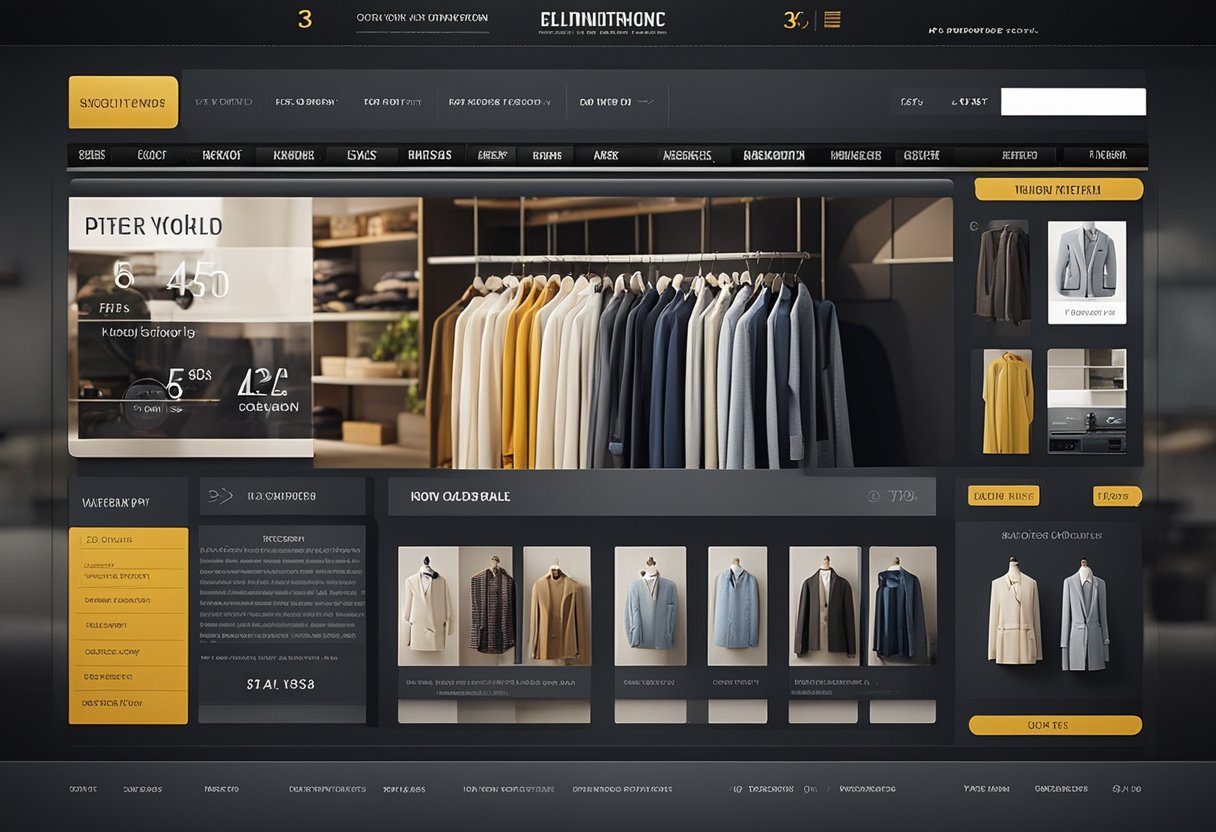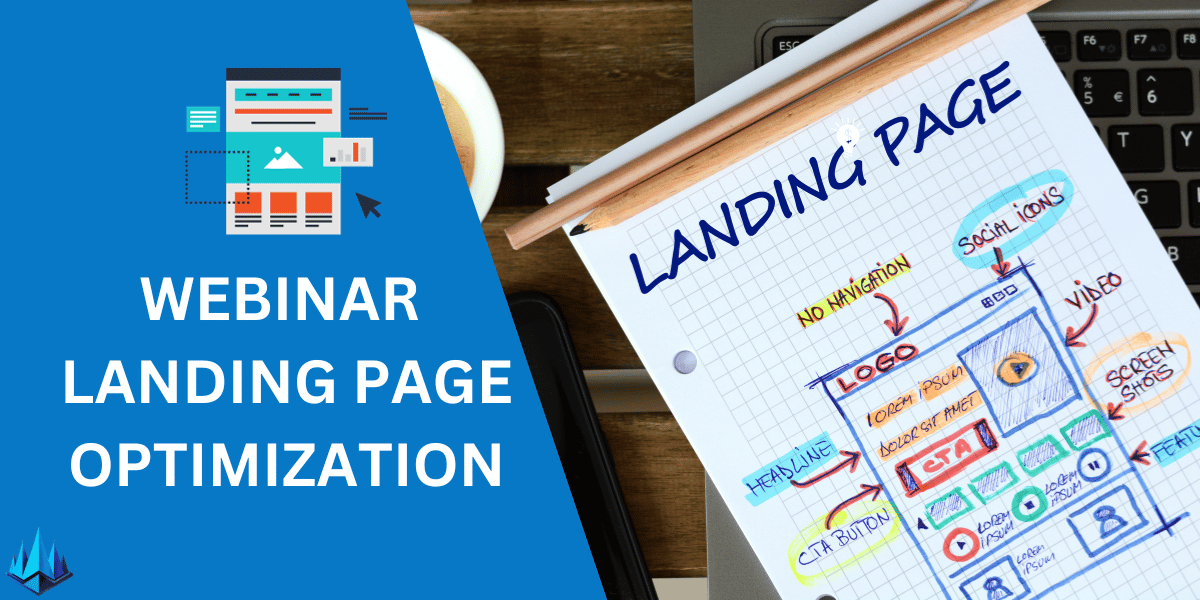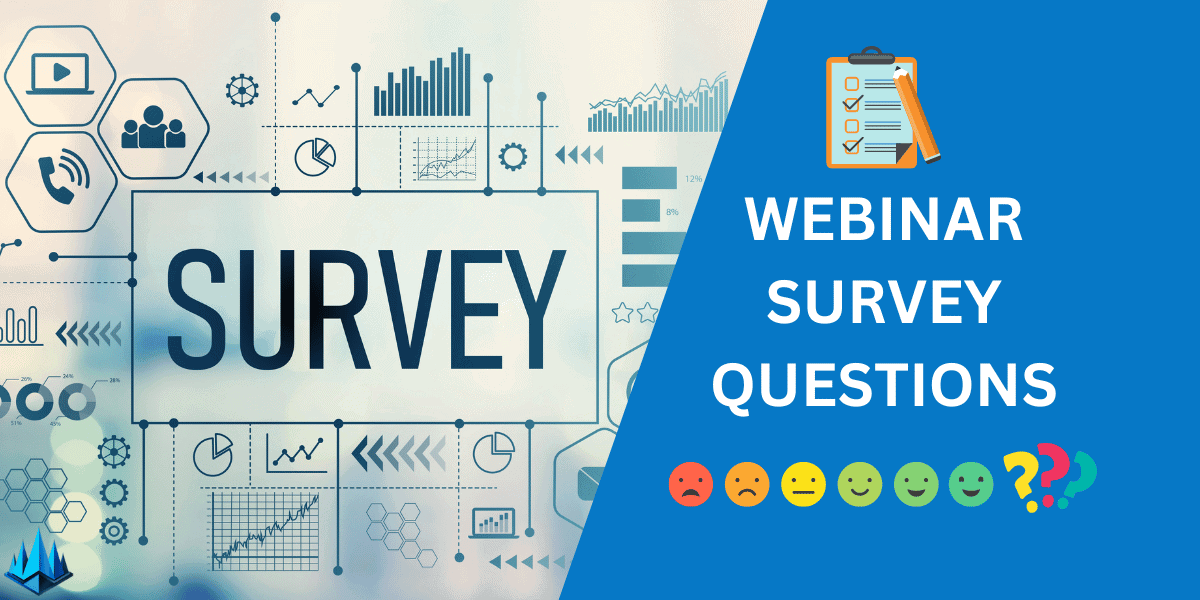When it comes to starting an online clothing store, choosing the Best ecommerce platform for clothing can make all the difference. With so many options available, it can be overwhelming to decide which one is best for your business. In this article, we will dive into the top ecommerce platforms for clothing and apparel sales to help you make an informed decision.
Understanding ecommerce platforms is crucial for any online business owner. Ecommerce platforms are software applications that allow businesses to manage their online stores, including product listings, payments, and shipping. They provide a range of features and functionality to help businesses sell their products online. The best ecommerce platforms for clothing and apparel sales offer features like product customization, inventory management, and responsive design to ensure a seamless shopping experience for customers.
Key Takeaways
- Choosing the right ecommerce platform is crucial for the success of your online clothing store.
- Ecommerce platforms provide a range of features and functionality to help businesses sell their products online.
- The best ecommerce platforms for clothing and apparel sales offer features like product customization, inventory management, and responsive design.
Understanding Ecommerce Platforms

When it comes to selling clothing online, choosing the right ecommerce platform is crucial. Ecommerce platforms are software solutions that enable businesses to create and manage online stores. These platforms provide a range of features such as product management, payment processing, and order fulfillment.
There are several ecommerce platforms available in the market, each with its own set of features and pricing plans. Some popular ecommerce platforms for clothing businesses include Magento, Shopify, BigCommerce, WooCommerce, and OpenCart.
When selecting an ecommerce platform, it’s important to consider factors such as ease of use, scalability, customization options, and pricing. Some platforms may be better suited for small businesses, while others may be more suitable for larger enterprises.
Another important consideration is the level of support and resources provided by the platform. Some platforms offer extensive documentation, tutorials, and customer support, while others may have limited resources.
It’s also important to consider the platform’s integration capabilities with other third-party tools such as payment gateways, shipping providers, and marketing tools. A platform that offers seamless integration with other tools can help streamline business operations and improve overall efficiency.
In summary, understanding ecommerce platforms is essential for any clothing business looking to sell online. By carefully evaluating the features, pricing, support, and integration capabilities of different platforms, businesses can choose the best option for their specific needs and set themselves up for success in the competitive world of ecommerce.
Best Ecommerce Platform for Clothing
When it comes to selling clothing online, choosing the right ecommerce platform is crucial. We’ve researched and analyzed some of the best ecommerce platforms for clothing available on the market today. Here are our top picks:
Shopify
Shopify is one of the most popular ecommerce platforms for clothing and for good reason. It offers a wide range of features and integrations, making it easy to customize your online store. With its user-friendly interface and mobile-responsive designs, Shopify is perfect for both small and large clothing businesses. Plus, it provides excellent customer support and has a large community of developers who can help you with any issues you may encounter.
WooCommerce
WooCommerce is a great option for clothing businesses that are already using WordPress. It’s a free plugin that can be easily integrated into your existing website, allowing you to sell clothing online. With WooCommerce, you can customize your online store to match your brand, and it offers a variety of payment and shipping options. Plus, it’s easy to use and has a large community of developers who can help you with any issues you may encounter.
BigCommerce
BigCommerce is a powerful ecommerce platform that’s perfect for clothing businesses that are looking for a scalable solution. It offers a variety of features, including customizable templates, advanced shipping options, and multi-channel selling. Plus, it provides excellent customer support and has a large community of developers who can help you with any issues you may encounter.
Magento
Magento is a popular ecommerce platform that’s ideal for clothing businesses that require a high level of customization. While it may take longer to set up than some other platforms, it offers a wide range of features, including advanced product management, customizable templates, and multi-store support. Plus, it’s highly scalable, making it perfect for growing clothing businesses.
Wix
Wix is a user-friendly ecommerce platform that’s perfect for small clothing businesses. It offers a variety of customizable templates and integrations, making it easy to create an online store that matches your brand. Plus, it provides excellent customer support and has a large community of developers who can help you with any issues you may encounter.
Squarespace
Squarespace is a popular platform for creating websites, but it also offers ecommerce functionality. It’s perfect for clothing businesses that are looking for a simple, yet elegant online store. With its drag-and-drop interface and customizable templates, Squarespace makes it easy to create an online store that matches your brand. Plus, it provides excellent customer support and has a large community of developers who can help you with any issues you may encounter.
OpenCart
OpenCart is a free and open-source ecommerce platform that’s perfect for small clothing businesses. It offers a variety of features, including customizable templates, multi-language support, and multi-currency support. Plus, it’s easy to use and has a large community of developers who can help you with any issues you may encounter.
PrestaShop
PrestaShop is a user-friendly ecommerce platform that’s perfect for small to medium-sized clothing businesses. It offers a variety of features, including customizable templates, multi-language support, and multi-currency support. Plus, it provides excellent customer support and has a large community of developers who can help you with any issues you may encounter.
Etsy
Etsy is a popular marketplace for handmade and vintage items, including clothing. It’s perfect for small clothing businesses that are just starting out, as it allows you to reach a large audience without having to create your own online store. Plus, it provides excellent customer support and has a large community of sellers who can help you with any issues you may encounter.
Big Cartel
Big Cartel is a simple and affordable ecommerce platform that’s perfect for small clothing businesses. It offers a variety of customizable templates and integrations, making it easy to create an online store that matches your brand. Plus, it provides excellent customer support and has a large community of developers who can help you with any issues you may encounter.
Volusion
Volusion is a powerful ecommerce platform that’s perfect for growing clothing businesses. It offers a variety of features, including customizable templates, advanced product management, and multi-channel selling. Plus, it provides excellent customer support and has a large community of developers who can help you with any issues you may encounter.
In conclusion, choosing the right ecommerce platform is crucial for the success of your clothing business. Consider your specific needs and budget, and choose a platform that offers the features and support you require. With the right platform, you can create an online store that’s both functional and visually appealing, helping you to attract and retain customers.
Features to Consider in Ecommerce Platforms

When choosing an ecommerce platform for your clothing business, it is important to consider various features that will help make your online store user-friendly, secure, and scalable. Here are some key features to consider:
Customization and Themes
Customization is crucial for creating a unique brand identity and user experience. Look for platforms that offer a variety of customizable options, such as the ability to change colors, fonts, and layouts. Additionally, it’s important to choose a platform with a wide selection of themes specifically designed for clothing and apparel stores.
Payment Options
Flexible payment options are essential for customer convenience and satisfaction. Consider platforms that offer a variety of payment gateways, including PayPal and Apple Pay, as well as the ability to process payments securely and quickly.
SEO and Marketing Tools
Search engine optimization (SEO) and marketing tools are crucial for driving traffic to your store and increasing sales. Look for platforms that offer onsite SEO features, such as 301 redirect, robot.txt control, and XML sitemap, as well as social media integration and marketing tools like Facebook ads.
Integration Capabilities
Integration capabilities are important for streamlining your business operations and expanding your reach. Consider platforms that integrate with popular tools like Google Analytics, Mailchimp, and Quickbooks, as well as those that offer data recovery and tech support.
Overall, when selecting an ecommerce platform for your clothing business, it’s important to prioritize features such as customization, payment options, SEO and marketing tools, and integration capabilities. By doing so, you can create a user-friendly and secure online store that meets the needs of your customers and helps your business grow.
How to Choose the Best Platform for Your Clothing Store
When it comes to starting an online clothing business, choosing the right ecommerce platform is crucial. A good platform can help you sell clothes online and grow your business, while a bad one can lead to frustration and lost sales. Here are some factors to consider when choosing the best platform for your clothing store:
1. Features and Flexibility
The platform should have all the necessary features to sell clothes online, such as product management, inventory tracking, and payment processing. It should also be flexible enough to accommodate your specific needs, such as selling custom clothing or offering different sizes and colors.
2. Design and Customization
Your clothing store should look professional and reflect your brand’s style. The platform should offer a variety of design templates and customization options to help you create a unique and visually appealing online store.
3. Security and Reliability
Your customers’ personal and financial information needs to be secure. The platform should have robust security measures in place, such as SSL certificates and secure payment gateways. It should also be reliable and able to handle high traffic and sales volumes without crashing.
4. Cost and Fees
The platform should be affordable and offer transparent pricing. Look for a platform that doesn’t charge excessive transaction fees or hidden costs that can eat into your profits.
5. Support and Resources
Starting an online clothing business can be challenging, so it’s important to choose a platform that offers helpful resources and support. Look for a platform that provides training, documentation, and responsive customer service.
By considering these factors, you can choose the best platform for your clothing store and start selling clothes online with confidence.
The Role of Ecommerce Platforms in Sales and Revenue
As an online clothing store, we understand the importance of having a reliable ecommerce platform to maximize our revenue and online sales. Ecommerce platforms are essential for creating an online store and storefront that is user-friendly, visually appealing, and easy to navigate.
One of the key benefits of using an ecommerce platform is the ability to upsell and cross-sell products. With the right platform, we can suggest complementary products to our customers, increasing the likelihood of additional purchases. Additionally, ecommerce platforms allow us to offer personalized product recommendations based on a customer’s browsing and purchasing history, further increasing the chances of a sale.
Another advantage of using an ecommerce platform is the ability to sell through multiple channels. With the right platform, we can sell our products not only through our online store but also through social media platforms, marketplaces, and other channels. This multi-channel selling approach can significantly increase our reach and revenue potential.
Furthermore, ecommerce platforms provide us with valuable data and insights into our customers’ behavior and preferences. By analyzing this data, we can make informed decisions about our product offerings, marketing strategies, and pricing, ultimately leading to increased revenue and sales.
In conclusion, ecommerce platforms play a crucial role in the success of an online clothing store. They provide us with the tools and resources necessary to create a user-friendly online store, upsell and cross-sell products, offer personalized product recommendations, sell through multiple channels, and analyze customer data to make informed decisions.
Ecommerce Platforms and Sustainability

As we consider the best ecommerce platforms for clothing, it is important to also consider sustainability. Consumers are increasingly concerned about the environmental impact of their purchases, and as a result, ecommerce platforms have started to prioritize sustainability initiatives.
One key aspect of sustainability in ecommerce is reducing waste. Ecommerce platforms can do this by optimizing packaging to reduce the amount of materials used, or by using biodegradable or recyclable materials. Some platforms even offer incentives for customers to recycle their packaging.
Another important aspect is reducing carbon emissions. Ecommerce platforms can minimize their carbon footprint by using renewable energy sources, optimizing transportation routes to reduce emissions, or partnering with eco-friendly delivery services.
Sustainability in ecommerce also extends to the products themselves. Platforms can offer sustainable and ethical clothing options, such as those made from organic or recycled materials, or produced through fair trade practices. Some platforms even have dedicated sections for sustainable fashion.
Overall, ecommerce platforms have a responsibility to prioritize sustainability and reduce their environmental impact. As consumers become more conscious of their purchasing decisions, it is important for platforms to offer sustainable options and take steps to minimize waste and emissions.
Ecommerce Platforms for Luxury Brands and Accessories
When it comes to luxury brands and accessories, choosing the right ecommerce platform is crucial for success. Here are some of the top options to consider:
Shopify Plus
Shopify Plus is a popular choice for luxury brands and accessories due to its scalability, customization options, and user-friendly interface. With Shopify Plus, you can easily create a fully branded online store that meets the unique needs of your business. Additionally, Shopify Plus offers a range of advanced features such as multi-currency support, international shipping, and custom checkout experiences.
Magento Commerce
Magento Commerce is another popular ecommerce platform for luxury brands and accessories. It offers a range of features such as advanced product management, order processing, and customer segmentation. Additionally, Magento Commerce is highly customizable and can be tailored to meet the specific needs of your business. However, it requires a higher level of technical expertise and may not be as user-friendly as other options.
BigCommerce Enterprise
BigCommerce Enterprise is a scalable ecommerce platform that offers a range of features specifically designed for luxury brands and accessories. It offers advanced customization options, multi-currency support, and a range of integrations with popular payment gateways and shipping providers. Additionally, BigCommerce Enterprise offers a range of tools for managing inventory, order processing, and customer data.
WooCommerce
WooCommerce is a popular ecommerce platform for luxury brands and accessories that use WordPress as their content management system. It offers a range of customization options, integrations with popular payment gateways and shipping providers, and a user-friendly interface. However, it may not be as scalable as other options and may require a higher level of technical expertise to set up and maintain.
Other Options
Other ecommerce platforms to consider for luxury brands and accessories include Salesforce Commerce Cloud, Volusion, and PrestaShop. Each of these platforms offers a range of features and customization options to meet the unique needs of your business. However, it’s important to carefully evaluate each option and choose the one that best meets your specific needs and goals.
In conclusion, choosing the right ecommerce platform is essential for the success of your luxury brand or accessories business. Consider your specific needs and goals, and evaluate each option carefully before making a decision.
The Impact of Ecommerce Platforms on User Experience
When it comes to selling clothing online, user experience is everything. A smooth, intuitive online shopping experience can make all the difference in converting visitors into customers and building a loyal customer base. That’s why choosing the right ecommerce platform is crucial for apparel brands.
One of the biggest impacts of ecommerce platforms on user experience is the ease of navigation. A well-designed platform should make it easy for customers to find what they’re looking for, whether that’s a specific product or a category of products. Clear navigation menus, search bars, and filters can all contribute to a positive user experience.
Another key factor is the checkout process. A complicated, confusing checkout process can lead to cart abandonment and lost sales. On the other hand, a streamlined checkout process with multiple payment options can make it easy for customers to complete their purchases and come back for more.
Ecommerce platforms can also impact the visual appeal of an online store. A visually appealing store with high-quality product images can help build trust with potential customers and encourage them to make a purchase. Many ecommerce platforms offer customizable themes and templates to help apparel brands create a visually stunning online store.
Finally, customer service is another important aspect of user experience. A good ecommerce platform should provide easy ways for customers to get in touch with support, whether that’s through email, phone, or live chat. Some platforms even offer integrated chatbots to help answer common questions and provide support 24/7.
Overall, the right ecommerce platform can have a significant impact on user experience and the success of an online apparel store. By choosing a platform that prioritizes ease of navigation, checkout process, visual appeal, and customer service, apparel brands can create a positive online shopping experience and build a loyal customer base.
Ecommerce Platforms and Business Models
When it comes to choosing an ecommerce platform for your clothing business, it’s important to consider your business model. Different platforms offer different features and functionality that cater to different business models. Here are a few examples:
Direct-to-Consumer (DTC) Business Model
If you have a DTC business model, you’ll want an ecommerce platform that offers robust content management capabilities. This will allow you to create and manage your product pages, blog posts, and other content that will help you build your brand and engage with your customers. Platforms like Shopify and Magento are great options for DTC businesses.
Wholesale Business Model
If you have a wholesale business model, you’ll want an ecommerce platform that offers easy integration with your existing ERP or CRM system. This will allow you to manage your inventory and orders more efficiently, and ensure that your wholesale customers have access to accurate pricing and product information. Platforms like Salesforce Commerce Cloud and BigCommerce are great options for wholesale businesses.
Dropshipping Business Model
If you have a dropshipping business model, you’ll want an ecommerce platform that offers easy integration with dropshipping suppliers. This will allow you to automatically route orders to your suppliers for fulfillment, and ensure that your customers receive their orders promptly. Platforms like Shopify and WooCommerce are great options for dropshipping businesses.
Subscription Box Business Model
If you have a subscription box business model, you’ll want an ecommerce platform that offers robust subscription management capabilities. This will allow you to easily manage your subscribers, process recurring payments, and customize your subscription offerings. Platforms like Cratejoy and Subbly are great options for subscription box businesses.
Overall, when choosing an ecommerce platform for your clothing business, it’s important to consider your business model and choose a platform that offers the features and functionality that align with your specific needs.
Ecommerce Platforms and Print on Demand Apps
When it comes to selling clothing online, choosing the right ecommerce platform and print-on-demand app is crucial. There are many options available, each with its own set of features and benefits.
One popular ecommerce platform is Shopify. Shopify offers a range of features designed to help businesses sell clothing online, including a robust point-of-sale system, customizable storefronts, and powerful analytics tools. Additionally, Shopify integrates with a variety of print-on-demand apps, making it easy to create and sell custom clothing designs.
Another important aspect of selling clothing online is print-on-demand apps. These apps allow businesses to create custom clothing designs without having to hold inventory or invest in expensive equipment. Some popular print-on-demand apps include Printful, Gooten, and Teelaunch.
Printful is one of the most popular print-on-demand apps available, offering a wide range of products, including t-shirts, hoodies, and hats. The app also integrates seamlessly with Shopify, making it easy to create and sell custom clothing designs.
Gooten is another popular print-on-demand app, offering a range of products, including clothing, home decor, and accessories. The app also offers a variety of customization options, including the ability to add custom designs and logos to products.
Teelaunch is a print-on-demand app that specializes in custom clothing designs, offering a variety of products, including t-shirts, tank tops, and hoodies. The app also offers a range of customization options, including the ability to add custom designs and logos to products.
Overall, when it comes to selling clothing online, choosing the right ecommerce platform and print-on-demand app is crucial. By selecting the right tools, businesses can create and sell custom clothing designs with ease, without having to invest in expensive equipment or hold inventory.
Frequently Asked Questions

What are some top-rated e-commerce platforms for clothing brands?
Several e-commerce platforms are popular among clothing brands, including Magento, WooCommerce, Shopify, BigCommerce, and Volusion. Each platform has its strengths and weaknesses, so it’s important to research and compare them before making a decision.
Which e-commerce platform is best suited for small clothing businesses?
For small clothing businesses, Shopify and WooCommerce are two popular options. Shopify is known for its ease of use and user-friendly interface, while WooCommerce is a free, open-source platform that can be customized to fit specific business needs.
What are some of the most popular fashion e-commerce websites?
Some of the most popular fashion e-commerce websites include Zara, ASOS, H&M, and Forever 21. These websites offer a wide range of clothing options at affordable prices, making them popular among fashion-conscious consumers.
What are the best clothing resale sites for online shopping?
Some of the best clothing resale sites for online shopping include ThredUp, Poshmark, and Depop. These sites offer a sustainable and affordable way to shop for secondhand clothing, while also allowing users to sell their own gently used clothing.
Is Shopify a good choice for clothing brands?
Yes, Shopify is a popular choice for clothing brands due to its ease of use, customizable themes, and ability to integrate with various payment gateways. Additionally, Shopify offers a range of features specifically designed for online clothing stores, such as product variations and size charts.
What are the top e-commerce sites for clothing in the US?
Some of the top e-commerce sites for clothing in the US include Amazon, Walmart, Target, and Macy’s. These sites offer a wide range of clothing options at various price points, making them popular among consumers of all ages and budgets.











